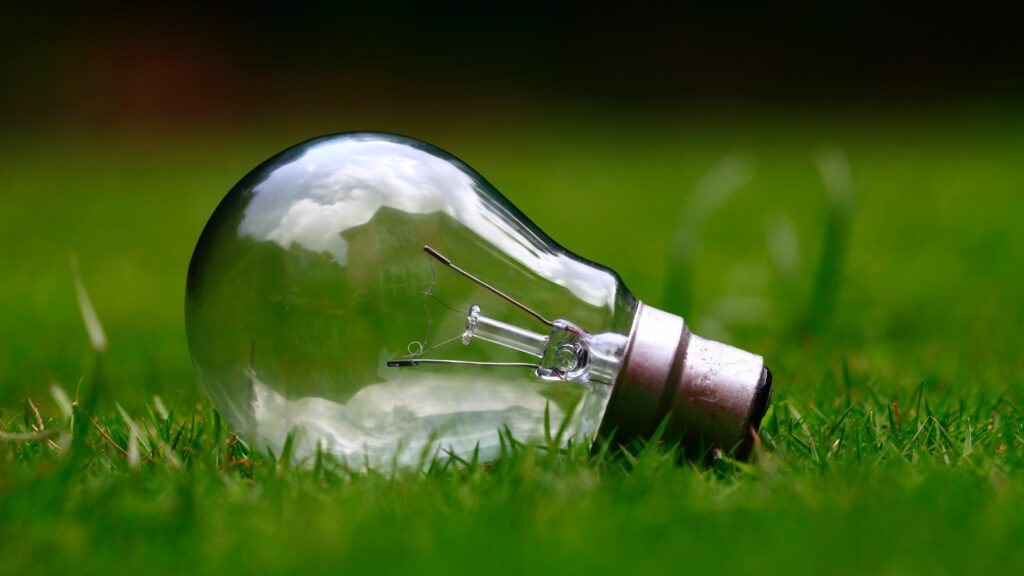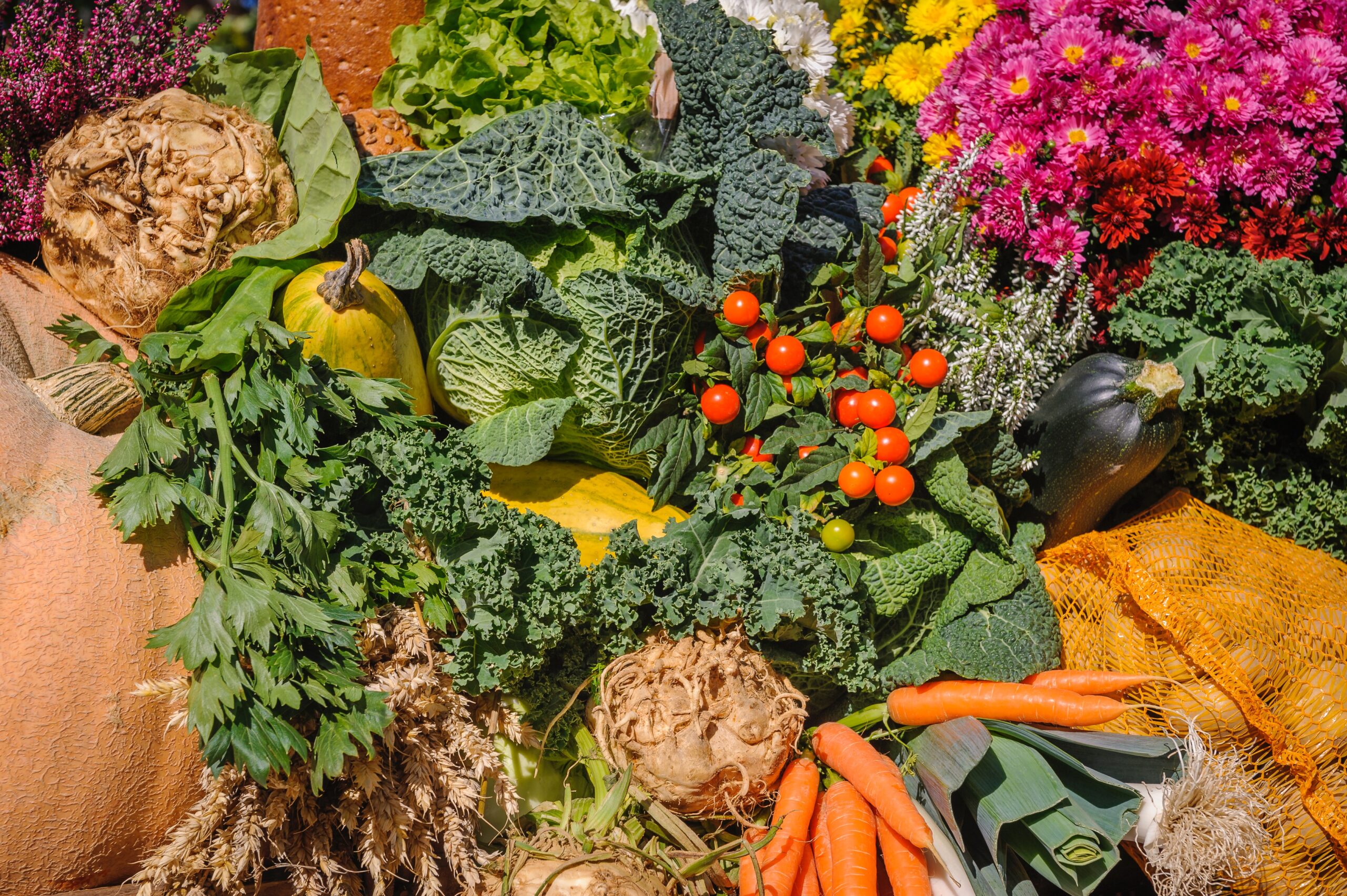Reduce your footprint
Climate change is being accelerated by human activities. Almost every activity we do (go to work, eat lunch) requires resources such as energy, land, and water. The resources we need to live our lives are “limited” because there is not an infinite supply of them.
Climate change also causes damage to natural ecosystems (like forests), so it is important that we plant trees to restore these damaged areas. But since climate change is such a complex problem, only planting trees cannot solve the issue.
We, as individuals, need to do other positive things to reduce the amount of resources our daily activities require. Here are a few positive actions that can also reduce your spending:
When washing dishes, close the faucet while you scrub the plates and turn it on only when you need to rinse
Take shorter showers
Collect rainwater to water your plants no matter where they are (indoor, outdoor, garden, balcony)
If you boil vegetables/beans/pasta in unsalted water, save this water for your plants. They’ll thank you for it!

Turn the lights off every time you leave a room, soon it will become a habit
Unplug your phone/computer chargers when you’re not charging, some of them continue to take energy even if they’re not charging something!
Close the fridge/freezer door while thinking about what to cook/eat
Change your wheels. Try biking, rollerblading, skateboarding, scootering, or anything else with wheels that can get you from point A to point B without using a car. Transport can be both fun and good for the planet.

The clothes you wear need resources (land/water/electricity for cotton to grow and be processed)
Buy second hand
Donate/sell old clothes to second hand or vintage shops
Take your clothes to the tailor or learn how to sew to fix small holes, or adjust them to your size even as it changes
Choose clothes for their qualityso that they last longer, avoid fast fashion when possible

All food we eat requires land/water/energy to grow. To reduce your food waste (i.e. your resource waste):
Buy & cook in smaller portions, only what you’ll need for the next 1-2 days
Make a feast out of leftovers instead of throwing them away
Turn your vegetable scraps into compost for your plants
Animals require a lot of food which needs land/water/energy to grow. Try going one day a week without meat (meatless Mondays). If you achieve that, push yourself further – eat one meal a day without meat.

As individuals, we have the power to reduce how much of the earth’s resources we need to survive. We also have the power to make changes in our households, organizations, businesses, and governments – each of which can do positive things to reduce resource use and slow down the climate crisis.